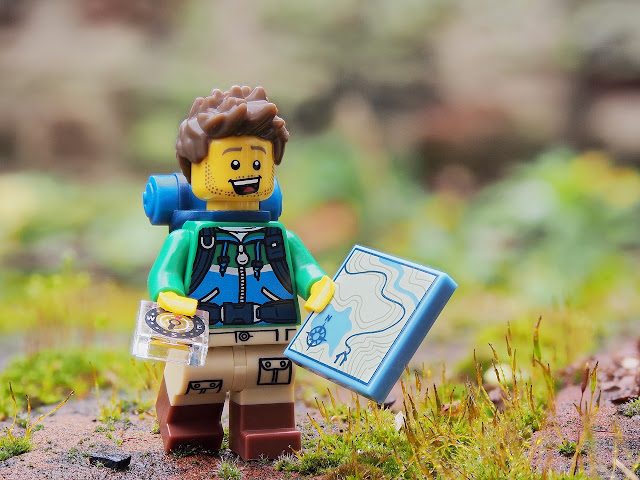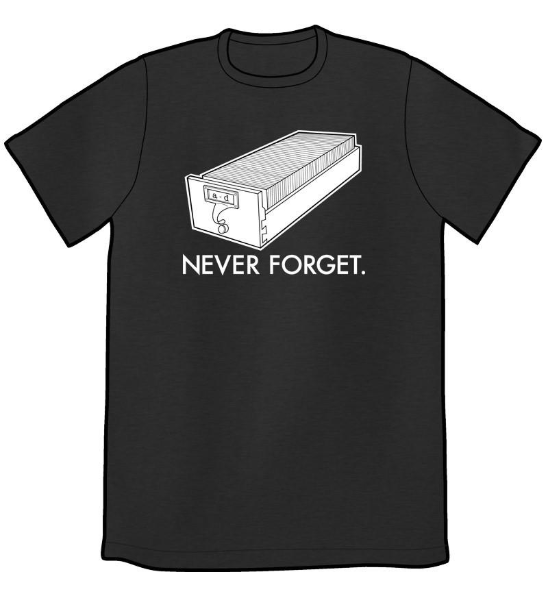Destiny Discover Basics - Future Vision Project Post #3 Reflection and posting of final Vision Artifact
Transcript of screencast Introduction My final vision project for LIBE 477 is a Destiny Discover Basics screencast that is aimed at students and staff in the Vancouver School Board who are not familiar with this search interface. This 4:28-minute-long video introduces Destiny Discover, shows how to access it, and demonstrates how to search for books. I have created a transcript of the screencast and embedded it in the video description box on YouTube for increased accessibility. After attending a Follett Destiny Discover training session facilitated by Camille Sullivan , I wanted to solidify my learning by teaching others about what I had been taught. I had colleagues who weren't able to attend the workshop and I wanted to share my tips with them. I thought a screencast would be an efficient way of sharing my knowledge with a wide audience who could watch at a time convenient to them. I used tips from the workshop and information from the Follett Training Manual to write a











